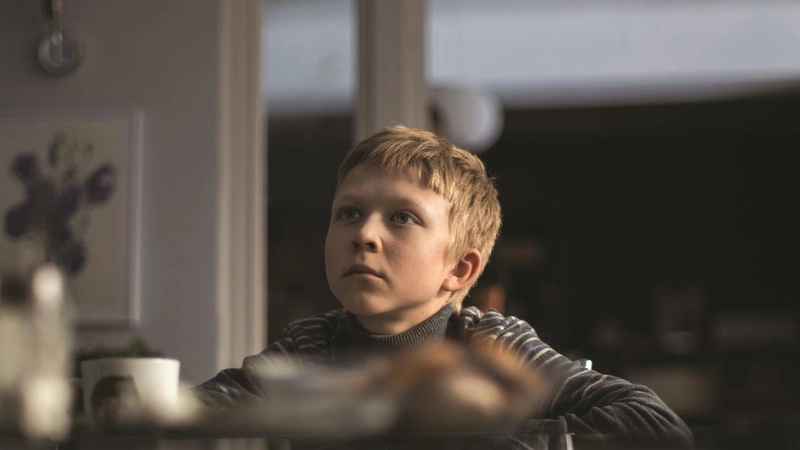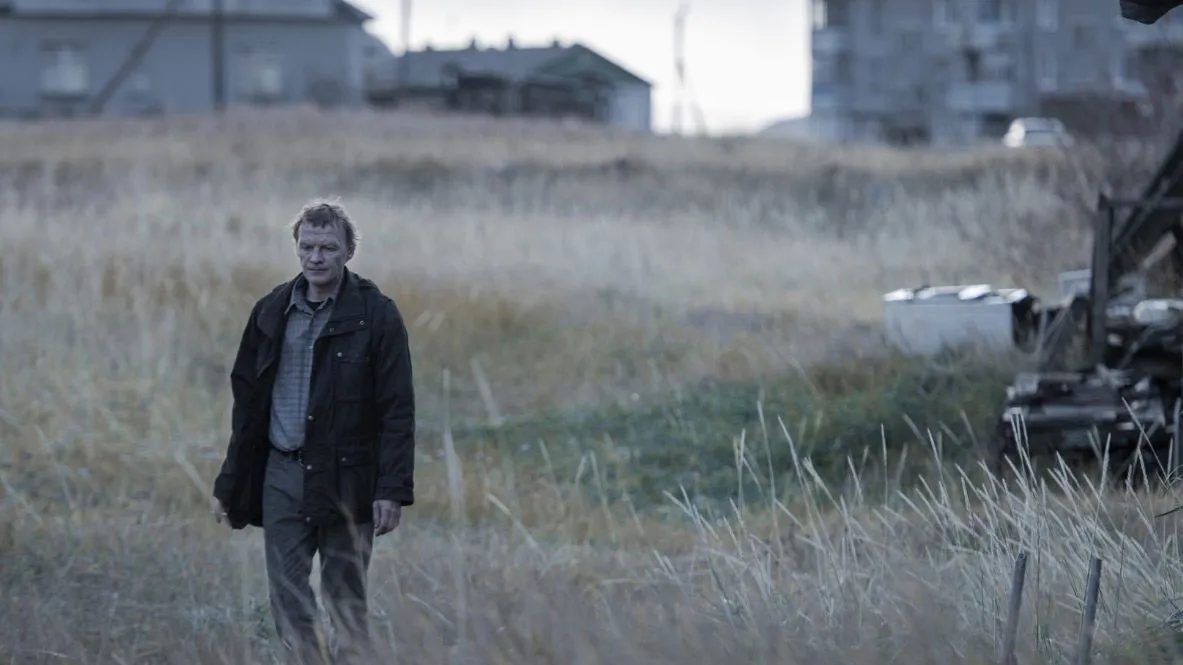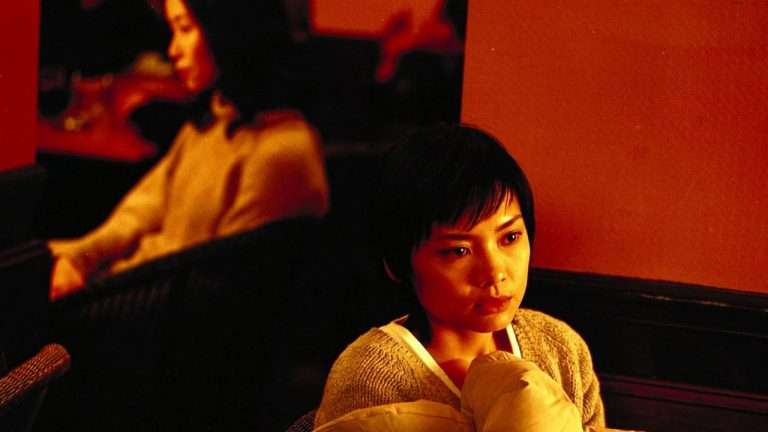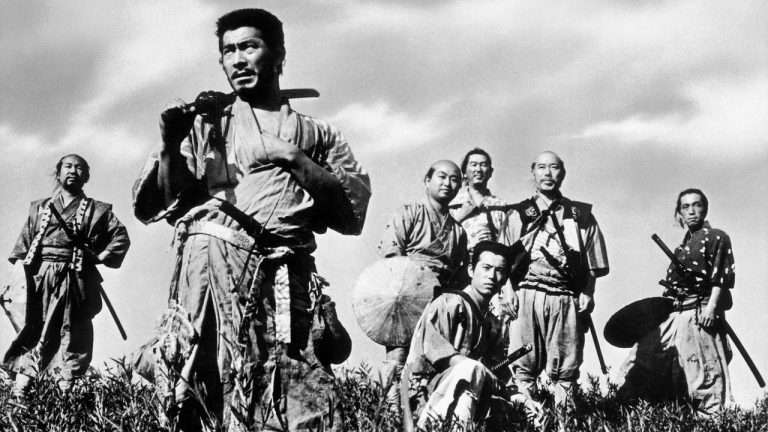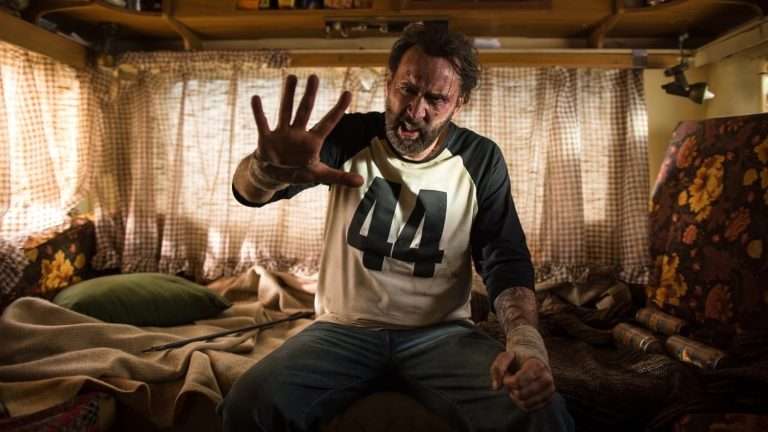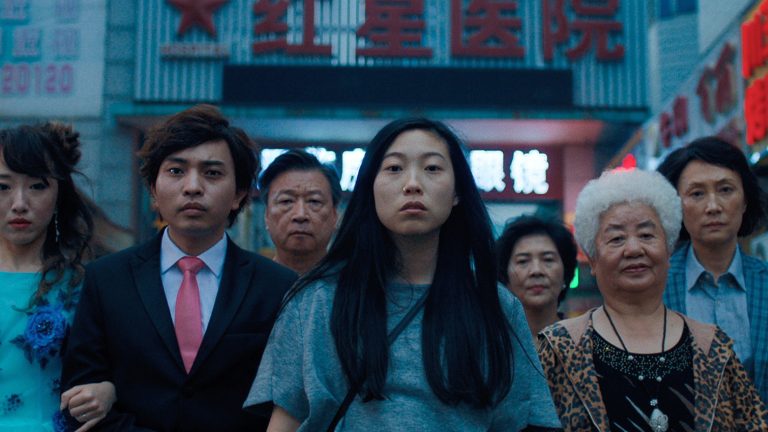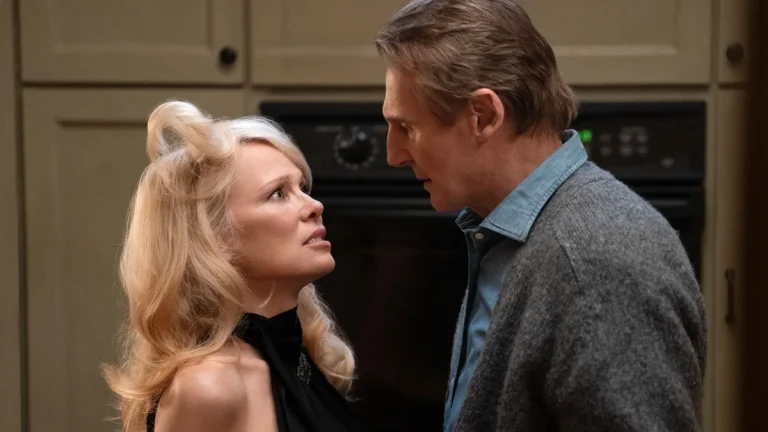Every Andrey Zvyagintsev Film Ranked: Russia: the land of Snow, vodka, dystopian city complexes, and that one funny spiral building that looks like a Desert. The birthplace of artistic titans and iron-willed leaders has witnessed sweeping economic movements, world-changing geopolitical strife, and historic political upheavals. In the past 200 or so years, Russia had the spotlight of human history shone on it more than a country should have. It’s held distinct importance in the course of humankind’s existence, and its people, naturally, have stories to tell. It’s a country scarred and bruised but unafraid to show where they’ve been hurt.
Early filmmakers like Sergei Eisenstein, Andrei Tarkovsky, and Elem Klimov toiled to uncover the conditions of the Russia of their time, of the numerous crises which struck them, from war, poverty, revolutions, and dictatorships, to even the realm of existential confusion. The Russia of today, arising from the ashes of their former USSR, have written achievements casting away the darkness of their tumultuous history. That’s not to say it has healed from the horrors of its past, from damage that isn’t reflected in the Russian identity. It’s a truth that has to be extracted from a localized, exact level from individual experiences.
Andrey Zvyagintsev is a filmmaker of trauma, particularly the emotional baggage associated with country, politics, and religion. More often than ever, his characters are caught in the crossfire of Russian bureaucracy and class hierarchies. Through his beautifully localized stories, he unearths the murky past and exposes the devious methods of how contemporary Russia operates. The omertas towards religion, particularly the Christian institution, the social structures whose rigor is nearly impossible to remove but through blood and struggle, the innate evil of man and its duality with good — Zvyagintsev takes a scalpel to masterfully carve out the pitfalls of modern society and its corruption and a pervasive disconnect between man and nature. Each film is an unflinching probe into a facet of Russian society, molded by its expansive and pained history, generational trauma, and conservatism in the form of social codes and norms.
Born in Novosibirsk in 1964, Zvyagintsev was a classically trained actor dabbling in TV and theatre before making his foray into filmmaking through short films. His debut feature won him the Golden Lion at the Venice Film Festival. Every subsequent film has earned him international acclaim, cementing his position as one of the finest filmmakers in world cinema. Zvyagintsev’s humble filmography (5 short films followed by five feature films) plunges headfirst, with absolute bravery, into the harrowing depths of an unseen Russia. His movies are drab, dark, and dreary, reeking of sadness and dripping with melancholy of twisted beauty.
Socially sensitive cinema is Zvyagintsev’s work in a nutshell. His films are painterly portraits of despair, unhurried safaris into familiar worlds with unfamiliar allure, carefully building character and plot in service of them, a style congruent to Turkish master Nuri Bilge Ceylan. I could write an essay on Zvyagintsev’s use of biblical imagery, adding the cold thematic glaze in his adept examination of bureaucracy and socio-political dynamics. In fact, each story contains a central biblical theme that elevates the material to universal levels. He deals with very Russian stories of very Russian sentiments, but his narratives permeate with a universal honesty to hook your empathy. There are no heroes and villains in his stories; the protagonists are survivors of a cruel world, and the antagonists are more times than ever, the system they created.
Andrey Zvyagintsev equips himself with an emotional sledgehammer to get his message across. Because what we witness aren’t the eye-opening horrors of a broken, bleeding Russia but the realities of a new order we simply cannot escape from. So here’s a ranking of the Russian maestro’s films.
5. The Banishment (2007)
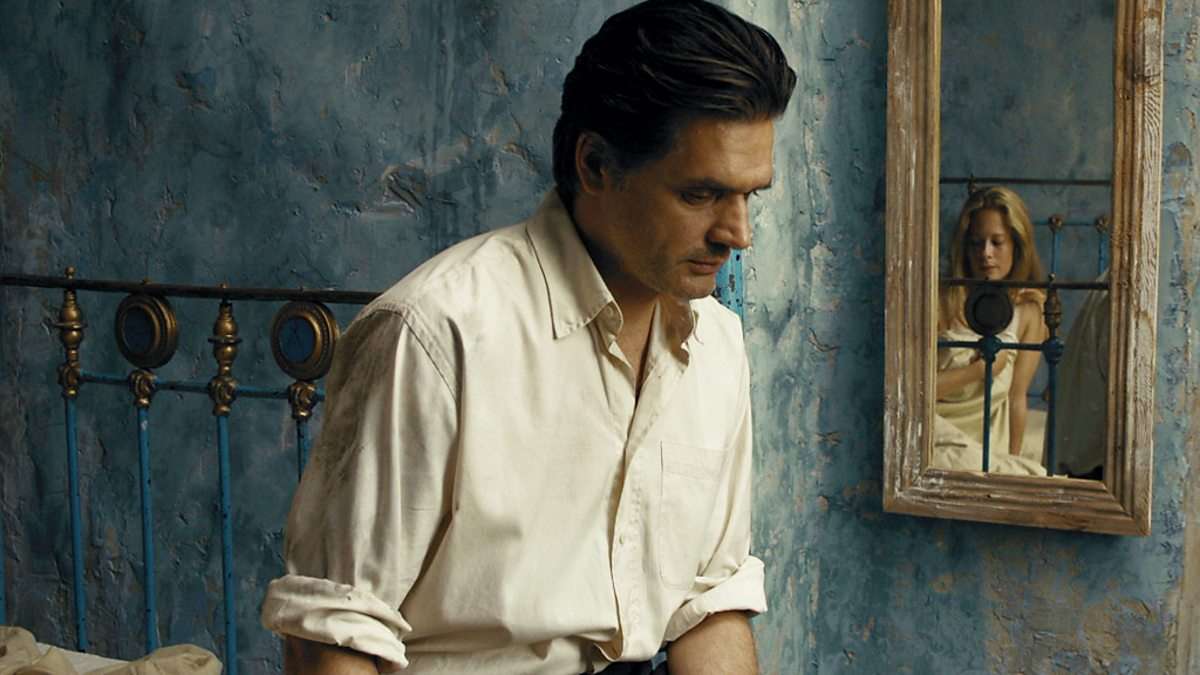
Andrey Zvyagintsev’s sophomore feature is the reliable approximation of a psychological thriller written and directed by Andrei Tarkovsky. Its source material, a wordy and character-focused novella by William Saroyan, becomes the subject of Zvyagintsev’s stylistic imposition — the focus on the plot is thinned, and dialogue is heavily reduced, with the effort put on crafting a superbly immersive atmosphere. And it’s gorgeous. This moody family drama is set in rural Russia, away from black metallic buildings and greasy plants, away from asphalt roads and cramped alleys.
In the city, Alex treats his wounded brother Mark with substantial evidence suggesting some criminal activity. Fearing the safety of his wife Vera and their two children, Alex lays low in the idyllic Russian countryside. The town they stay in feels removed from reality; they live in a decomposing house, ride open jeeps, and wear old linen clothing. Zvyagintsev’s conscious decision to keep the time period vague is excellent, giving the film an old-timey vibe. Secrets threaten to destroy the family, and the film follows how Alex deals with them.
The Banishment is the weakest (in a purely relative sense) of Zvyagintsev’s perfectly tight filmography. Where he falters is the very thing he dials down to ensure the other elements are perfect: the plot. It starts strong; the frames, the music, and the intrigue keep the audience on edge. But the atmosphere’s effect wanes when nothing compelling happens on screen. The acting is flawless, with Konstantin Lavronenko playing the tortured Alex with bravura. It won him the Best Actor award at the 2007 Cannes Film Festival. Languid and picturesque, Zvyaginstsev confidently conveys his central themes of human communication, sin, and suffering. But the room for improvement was too big to avoid. Nuri Bilge Ceylan would’ve done an excellent job with this screenplay.
Read More: 10 Most Abusive Women in Movies
4. Elena (2011)
Elena is stuck between a rock and a hard place. The rock is the love for her son and his family. The hard place is her loyalty to her husband. The friction between these two connections becomes the catalyst of Zvyagintsev’s searing examination of class and social hierarchy. Elena is a staggeringly incendiary work of art, unafraid and uncompromising in his depiction of the harrowing class struggle in contemporary Russia. The titular character is a former nurse turned caretaker for her oligarch husband, the title of a spouse is simply a joke now. While Elena lives in a brutalist, modern apartment, she takes frequent trips to her son’s home in the poor suburbs to give him money. The lazy Sergey asks his mother to get money from her wealthy husband to put his son in university, successfully avoiding compulsory military service. But when Vladimir refuses to give her the money, Elena must do whatever she can to help her family.
Winter never feels ickier than in Andrey Zvyagintsev’s film. It’s not snow and hot chocolate but dark skies, dead trees, dry lands, and a good old serving of despondency and despair. Each frame is cold and composed, with the calculated cinematography lending the film an overwhelmingly voyeuristic vibe. The instances of subjective camera movement uncover the layers and nuances of the plot; it gives ways to understand the themes further. But the film is overlong and could’ve been trimmed down.
Elena is swamped with life-changing moral quandaries that quell sleep and re-evaluate relationships. The morality of the situation is left for us to interpret. There are a couple of striking scenes, each expressing a defining motif in Zvyagintsev’s filmography. But if there’s one significant shot, it’s a wall of photographs of Elena’s two families. We assume it is unimportant, but Zvyagintsev pushes the camera into the center, onto a singular photo of Elena. There are people who depend on Elena. And any decision she makes is hers, and the consequences too. This begs the question; what is even the right decision?
3. Loveless (2017)
Loveless is what I imagine a Dostoevsky novel must look like — somber, perpetually overcast, reeking of despair but tragically beautiful. Zvyagintsev channels the Russian masters for an utterly depressing divorce drama, replete with his signature slow-burn direction and staggering political and religious commentary, topped off with an ending like a blunderbuss to the face. In the vein of A Separation than Marriage Story and Kramer vs. Kramer, Loveless is an excellent exercise on social realism. Zvyagintsev takes a crumbling and emotionally toxic relationship and zooms out, using it as a microcosm of contemporary Russia to explore its rotten beliefs and generational trauma and its consequences. Their son Alyosha is caught in the crossfire, afraid for his life, after he overhears his parents fighting to avoid custody of him and considering putting him in an orphanage. One day, he disappears. The couple treats this as a mere inconvenience. But as the days pass, the search becomes more extensive, and the nature of Boris and Zhenya’s lovelessness becomes the focal point.
Loveless expertly weaves socio-political commentary with a surprisingly engaging narrative. The slowness of the film will be hard to chew on; Alyosha’s disappearance happens around 40 minutes into the film. But it’s 40 incisive minutes dissecting the dynamics of the Russian middle class, its superficiality, jaded beliefs, and the morally ambiguous convictions and opinions that pillar their belief systems. Boris and Zhenya’s ‘lovelessness’ can be seen as a product of their upbringing and their environment—their neglect and ignorance, however, are of their making. Zvyagintsev is uncompromising regarding the emotional aspects; certain scenes are burnt in my memory. It’s his most accessible and powerful one at that. Have a box of tissues at arm’s length.
2. The Return (2003)
Andrey Zvyagintsev made his mark right off the gate with his debut feature, The Return. The film was screened at the 2003 Venice Film Festival, in competition with heavyweights like Takeshi Kitano, Tsai Ming-Liang, and Bruno Dumont, beating them all to win the festival’s top prize. Like its deep blue opening shot, The Return is a blue-tinted, frigid coming-of-age tale surveying the realities of masculinity and its realization. The film opens up with a gang of boys on top of a tower, jumping into a cold body of water.
Brothers Andrei and Ivan are the last two on the platform. Andrei, the elder, swallows his fear and jumps in to avoid being called a chicken by his friends. Ivan, however, is paralyzed by his fear and sits there huddled in the cold wind; his mother climbs the ladder to the platform to fetch him. The character’s personalities are established in this brief scene. One day, the boys’ mother announces their father has come back home after 12 years. Their father tells the kids they’re going on a fishing trip. During the course of their journey, which takes them to unexpected places, the boys try to understand whether their father is really who he says he is.
Zvyagintsev showcases a magical level of restraint in his direction; information is presented uniquely and maturely, ambiguous and nuanced enough to keep us engaged in the evolution of the characters. The narrative is straightforward but imbibed with a mythical charm, imperceptible until the final frame. The biblical nature of the film, of brothers and fathers bonding and fighting, adds a thematic layer. The Return is ultimately a moving tale of humans and the beauty (and curse) of human connection. Zvyagintsev extracts three compelling performances to piece together a moody, powerful story of masculinity and manhood, its damages beyond limits, and the elusive nature of compassion—simply brilliant stuff.
1. Leviathan (2014)
The Book of Job, considered an exemplary work of literature than a holy scripture, employs a prose narrative to get to the rind of a pressing existential question: what does it mean to suffer? More specifically, why do the righteous suffer? The titular character is a specimen of God’s test for piety. Satan says Job’s righteousness comes from his material wealth and social standing; if it were taken away, Job would surely curse God. He allows Satan to take away Job’s possessions, subjecting him to the utmost suffering. In Leviathan, Kolya, a car mechanic who can drink vodka like water, faces a similar fate. He’s embroiled in a legal battle with the mayor of his northern coastal town, Vadim, who wants to usurp Kolya’s land.
To fight Vadim’s deceit, he brings his lawyer friend from Moscow, Dima, into the battle. The scene is set for a sprawling, emotionally-devastating tale of fate, destiny, corruption, greed, and the innate evil of men. Andrey Zvyagintsev’s Leviathan picks apart the social fabric of Russian society with almost terrifying accuracy, presenting a largely universal tale of human beings fighting for what they believe is right for them sans morality or ethics.
Kolya’s fight against Vadim is the ideal microcosm of everyday citizens’ fight against the establishment. Naturally, the tone and overall arc is dark and dreary. Leviathan is the careful examination of all the themes Zvyagintsev explored. From the elision of human connection in The Banishment to the ever-present struggle between class and power in Elena, the screenplay, co-written with Oleg Negin, is the mature synthesis of themes that probe into the sickness of Russia, eating it from the inside out.
Post-Soviet cinema summarises the trauma of their glorious previous era — Zvyagintsev wears the prickly crown in his uncompromising portrayal of corruption, authoritarianism, and the illness brought by capitalism in all its form. The technical aspects are breathtaking—Mikhail Krichman’s cinematography surveys Northern Russia’s nail-biting landscape and the atrocities on screen with remarkable ease. Phillip Glass’ score is an inextricable element in this Russian epic and was used effectively despite its scarce use. It’s a terrifying masterpiece and one that’ll dig deep into your skin.
